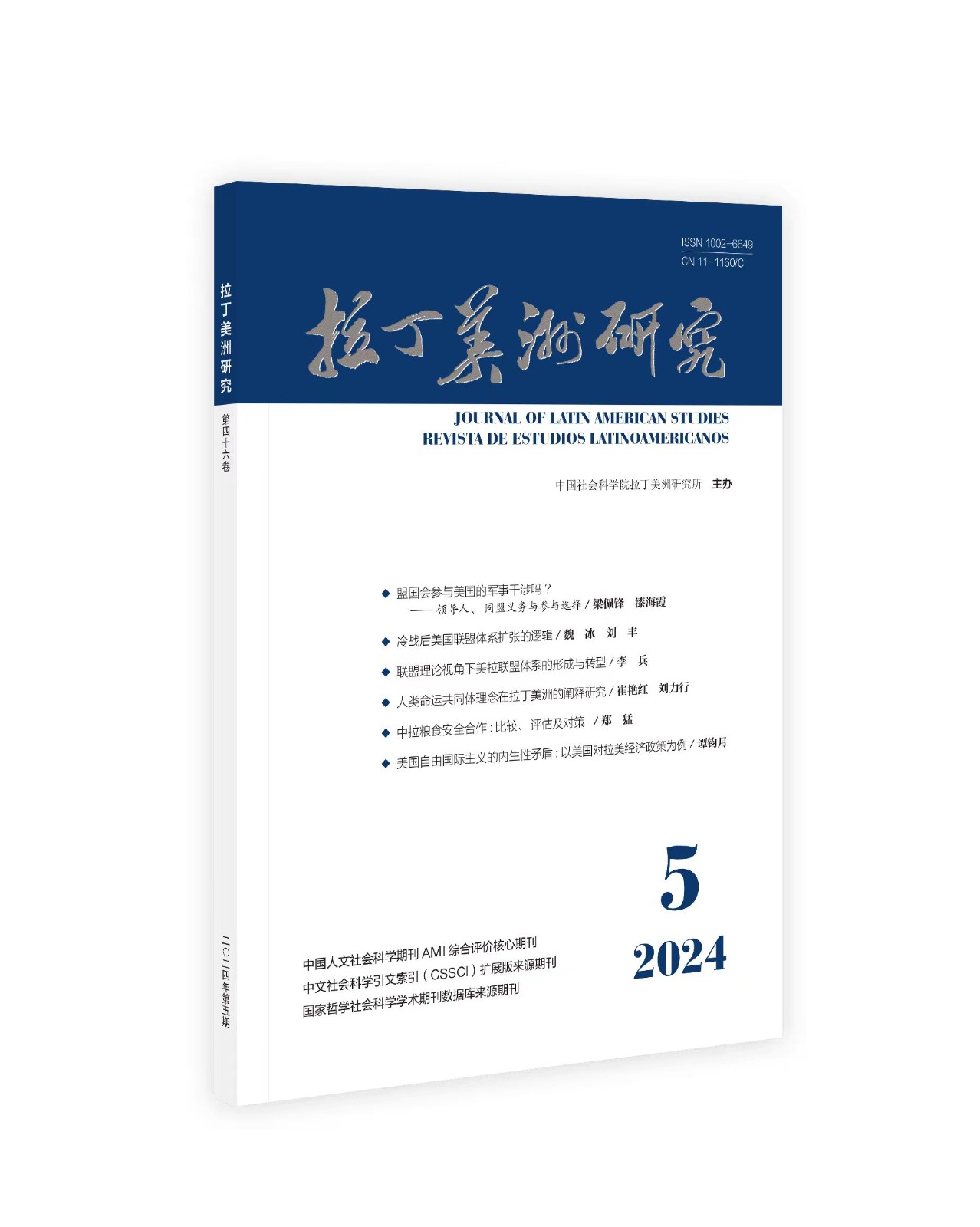Ingrid Bleynat, Vendors’ Capitalism: A Political Economy of Public Markets in Mexico City (Redwood City, CA: Stanford University Press, 2021), 264 pp.
IF 0.7
2区 历史学
Q2 AREA STUDIES
引用次数: 0
Abstract
‘recognizes the crucial significance of immigrant social capital and ethnic resources’ but also situates them within a ‘wider social, economic, and political contexts of the host country’ (p. 4). While Kim’s research highlights substantial ethnic resources – such as gye (rotating credit system) and the circulation of capital and expertise among family and community members – it also registers business connections with the Jewish community which had dominated the garment industry in prior decades, and the complicated labour relations formed with co-ethnics, other immigrant groups, and native Argentines against the backdrop of changing economic situations, industry-wide informal practices and robust (yet often unenforced) labour laws. As such, this study provides a comprehensive and complex, rather than reductive, understanding of Korean experiences and entrepreneurship. Also notable and enriching is the weight given to the multitude of experiences of Korean immigrants as recounted directly by interviewees, from the earliest of Korean immigrants to second-generation ethnic Koreans born in Argentina, that reflect the subjectivity, heterogeneity and hybridity of the Korean diaspora in Argentina and beyond. Applying the theory of mixed embeddedness – beyond broad economic and political situations and the industry’s structure – to the many issues that might have affected the ‘emergence, consolidation, and evolution of the Korean garment business’ (p. 5), From Sweatshop to Fashion Shop should be of interest to readers in multiple disciplines studying Argentina, the Korean diaspora, Asian–Latin American connections, inter-ethnic labour relations and ethnic entrepreneurship, among other topics. An aspect that could be further explored in future research would be the function of race in this industry and environment. While Kim’s interviewees did not much raise the topic of racism and discrimination – other than to point indirectly at a general lack of ‘social capital’ – racial ideas, stereotypes and hierarchies appear to permeate inter-group relationships and perceptions among ethnic Koreans, Bolivians, Jews and mainstream Argentines.Ingrid Bleynat,供应商的资本主义:墨西哥城公共市场的政治经济学(Redwood City, CA: Stanford University Press, 2021), 264页。
“承认移民社会资本和种族资源的重要意义”,但也将其置于“东道国更广泛的社会、经济和政治背景下”(第4页)。虽然金的研究强调了大量的种族资源,如gye(轮换信贷系统)以及家庭和社区成员之间的资本和专业知识流通,但它也记录了与前几十年主导服装业的犹太社区的商业联系,以及与同种族、其他移民群体形成的复杂劳动关系,在不断变化的经济形势、全行业的非正式做法和强有力的(但往往没有强制执行的)劳动法的背景下。因此,这项研究提供了对韩国经历和创业的全面而复杂的理解,而不是简化的理解。同样值得注意和丰富的是,受访者直接讲述了韩国移民的众多经历,从最早的韩国移民到在阿根廷出生的第二代朝鲜人,这些经历反映了散居在阿根廷及其他地区的朝鲜人的主观性、异质性和混合性。将混合嵌入理论——超越广泛的经济和政治形势以及行业结构——应用于可能影响“韩国服装企业的出现、整合和演变”的许多问题(第5页),《从血汗工厂到时装店》应该会引起研究阿根廷、韩国侨民、,亚洲-拉丁美洲关系、种族间劳动关系和种族创业等主题。未来研究中可以进一步探索的一个方面是种族在这个行业和环境中的作用。虽然金的受访者没有太多地提出种族主义和歧视的话题,只是间接指出普遍缺乏“社会资本”,但种族观念、刻板印象和等级制度似乎渗透到了朝鲜族、玻利维亚人、犹太人和阿根廷人的群体间关系和观念中。
本文章由计算机程序翻译,如有差异,请以英文原文为准。
求助全文
约1分钟内获得全文
求助全文
来源期刊

拉丁美洲研究
Multiple-
CiteScore
1.60
自引率
0.00%
发文量
3870
期刊介绍:
Journal of Latin American Studies presents recent research in the field of Latin American studies in economics, geography, politics, international relations, sociology, social anthropology, economic history and cultural history. Regular features include articles on contemporary themes, specially commissioned commentaries and an extensive section of book reviews.
 求助内容:
求助内容: 应助结果提醒方式:
应助结果提醒方式:


